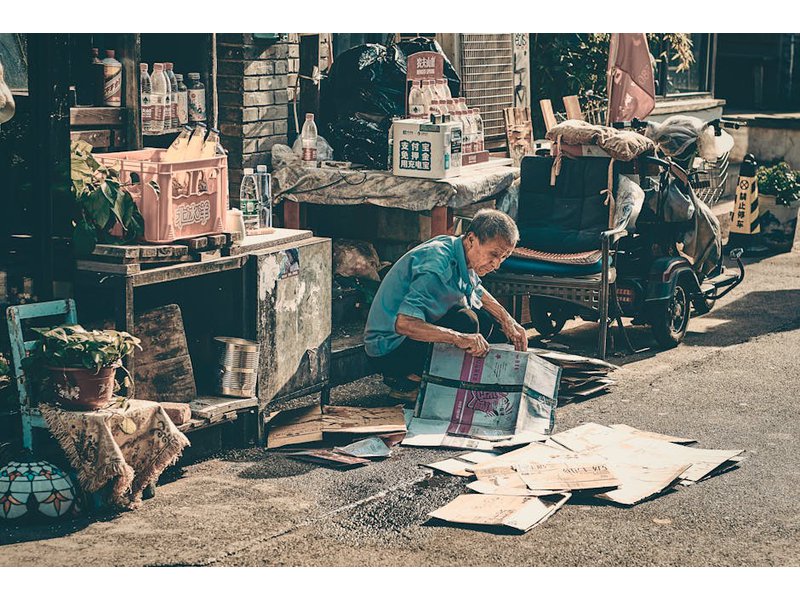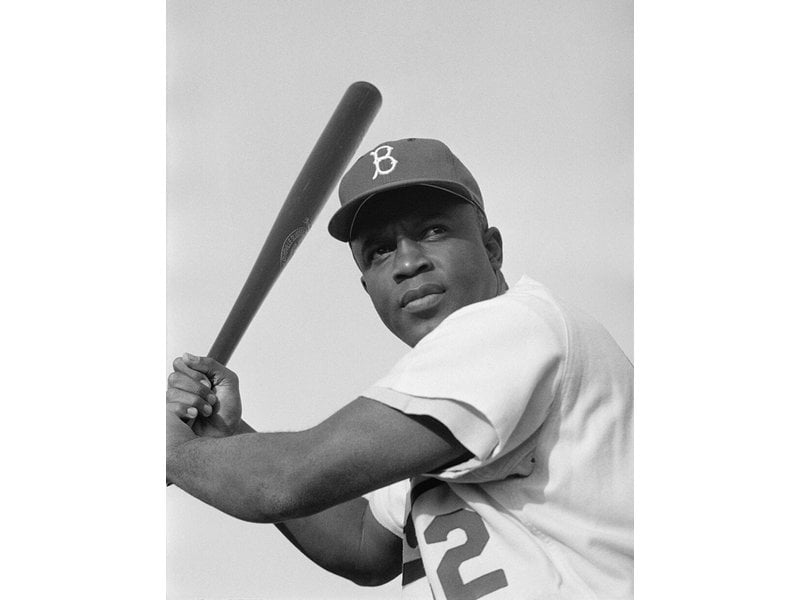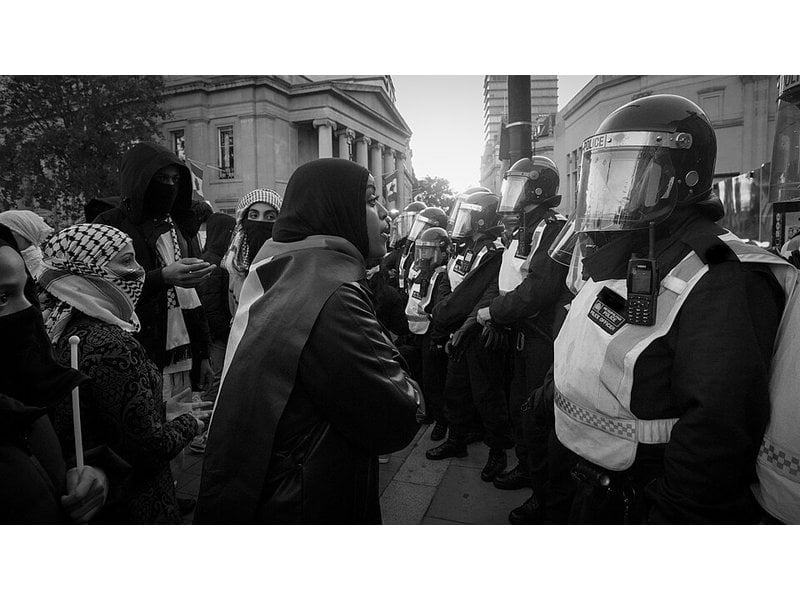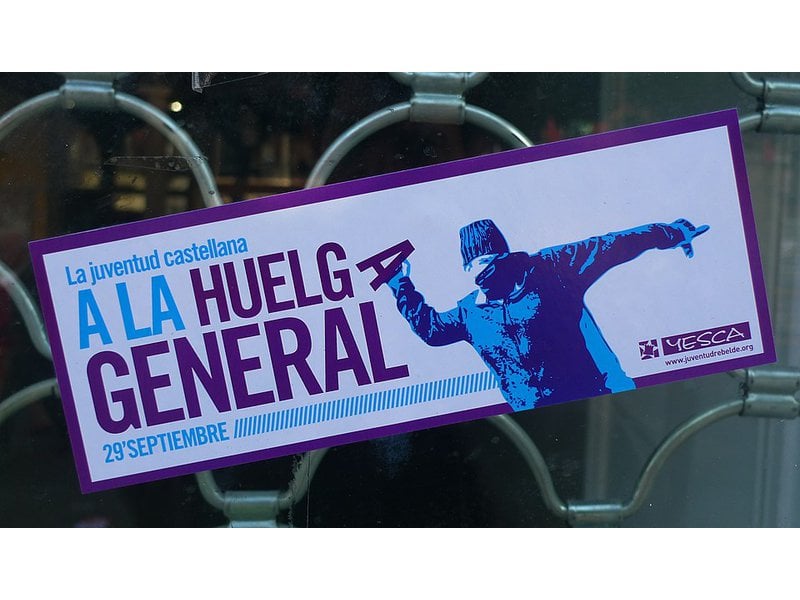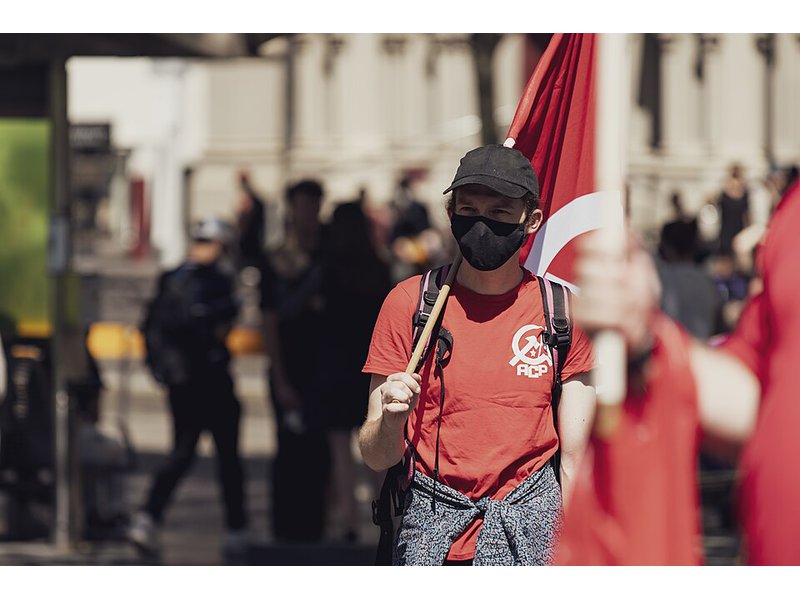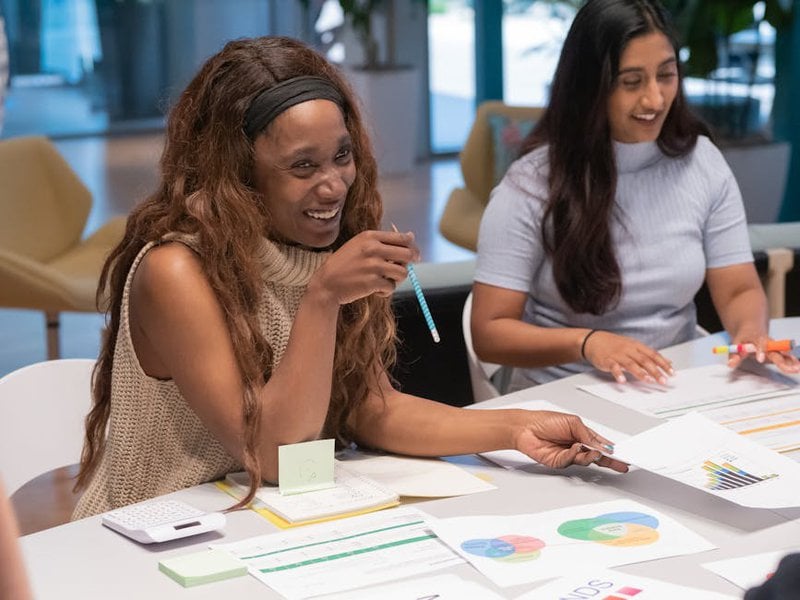022 protest disrobings
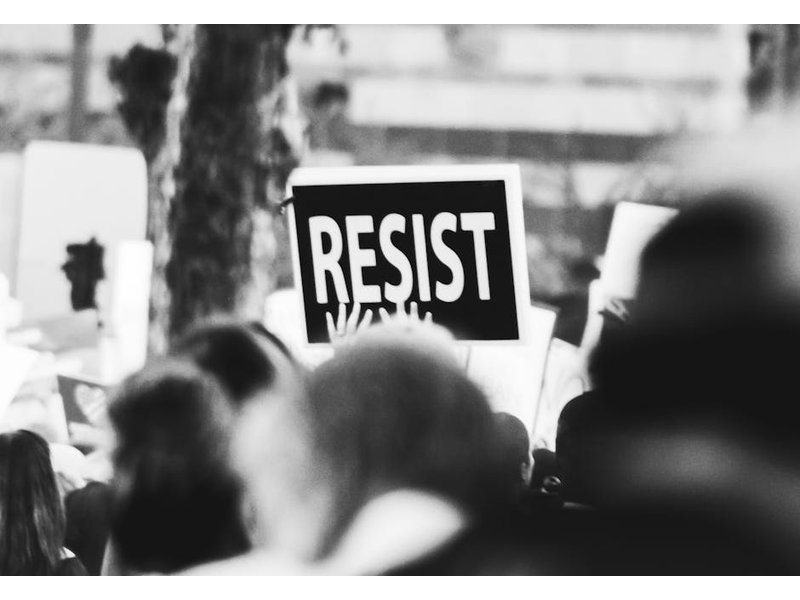
"One of the rarer old—but newly reactivated—forms of nonviolent protest is the public removal of clothes as a means of expressing one’s religious disapproval or political protest. During the Quaker “invasion” of the intolerant Massachusetts Bay Colony in the seventeenth century, Lydia Wardel entered Newbury Church naked as a protest.120 Members of the Sons of Freedom sect of the Doukhobors in British Columbia, Canada, have been credited with “uncounted nude parades” and in some cases individual women have disrobed in front of their own burning homes, to which they set fire as a protest against alleged government interference or prosecution of their husbands for resistance activities, including demolitions.121 When Prime Minister John Diefenbaker was attending a political rally at Trail, British Columbia, on May 28, 1962, Doukhobor women whose husbands were awaiting trial for terrorist acts interrupted the meeting, tearfully protesting “unfair treatment” of their group, and took off their clothing as part of their protest.122"...
High scoring campaigns using this method
Historical cases from the Nonviolent Action Database that used this method
U.S. Activists petition for the removal of the Confederate Flag from South Carolina State House after Charleston Church Shooting, 2015
Between 1860 and 1861, the Confederate States of America, formed by 11 Southern states, engaged in the Civil War to defend the national legality of slavery. One of the flags associated with the Confederacy was the “battle flag,” which remains visible...
Liberian women act to end civil war, 2003
In 2000, Liberia’s second civil war broke out. Liberian President Charles Taylor and his military forces, who had taken over Liberia in 1989 during the first civil war, experienced attacks from the Liberians United for Reconciliation and Democracy (L...
Quebec students defeat tuition hikes and fight for free education, 2010-2012
In February of 2010, Quebec Finance Minister Raymond Bachand called for what he deemed a "cultural revolution" to change the way the Quebecois populace used public services, including a tuition fee hike for post-secondary education.\n\nThe first majo...
Burmese citizens stop dam construction on Irrawady River, 2007-2011
The Irrawaddy river, the largest in Burma, begins at the confluence of the Mali Hka and N’Mai Hka rivers in the northern state of Kachin. Villagers in the small towns dotting the banks of these waters make their livelihood farming and fishing in a re...
North American 'Lactivists' hold nurse-ins against Applebee's, United States, 2007
In the state of Kentucky, specific breastfeeding laws exist in order to protect women while breastfeeding their babies. Section 211.755 mandates that “a mother may breastfeed her baby or express breast milk in any location, public or private, where t...
Ogharefe women protest against Pan Ocean oil industry, 1984
The Ogharefe people of Nigeria suffered from the effects of oil pollution and oil exploration. The Ogharefe community was afflicted with a number of health issues, ranging from skin rashes to stomach ailments, from the gas flares and release of "oil ...
Nigerian women win concessions from Chevron through occupation, 2002
In 1956, Shell British Petroleum (now Royal Dutch Shell) discovered oil in what was then the British colony of Nigeria, and by 1958 commercial production had begun. Today, Nigeria has the tenth largest proven oil reserves in the world, is the tenth l...
English Quakers campaign for freedom of religion, 1647-1689
The Religious Society of Friends (Quakers) emerged in England in the late 1640's among those who challenged the standard doctrine of the Church of England. Quakerism began as a sect whose members believed that there was a piece of God within every pe...
Cameroonian women use Anlu for social and political change, 1958-1961
In 1958 the women farmers of the Kom and Kedjom areas of the Western Grassfields, now part of modern day Cameroon, were angered by a number of changes which they interpreted as systematically decreasing the power of women farmers. These included the ...
Syracuse University students protest sweatshops, USA, 2000-2001
In 2000, students around the country protested sweatshop-manufactured college apparel. Students at Syracuse University (SU) protested using a variety of different tactics, including a naked bicycle ride through campus. In their yearlong campaign, Syr...
Low scoring campaigns using this method
Historical cases from the Nonviolent Action Database that used this method
Bahrainis protest for democracy, February-March 2011
Inspired by the protests in Egypt and Tunisia in 2011, Bahrainis rose up against the monarchy in February and March of 2011. Initiated by activists and propelled by the “February 14th Revolution in Bahrain” Facebook group, the protests had clear goal...
New York University students campaign for transparency, 2007-2009
In 2007, a group of New York University (NYU) students called Students Creating Radical Change decided to campaign for disclosure and transparency. They started forming the group Take Back NYU! (TBNYU) and started in October with an event called "Wha...
